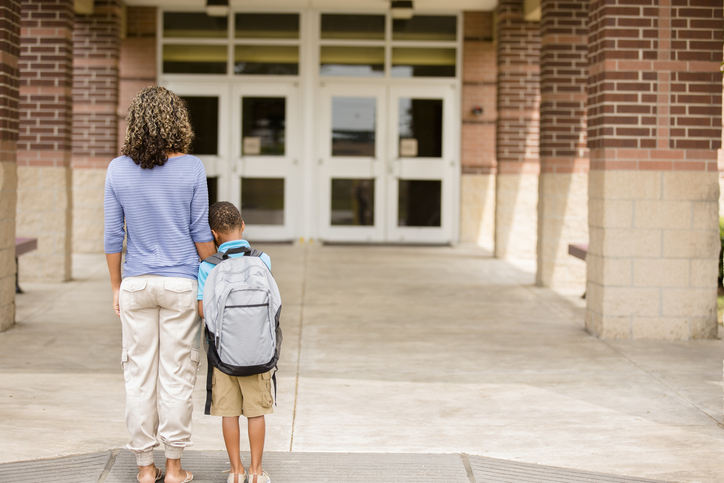Selected Content Updates in Q3 2025
The VLS integrates the latest research and best practices into its professional development system on an ongoing basis. Our content team reviews new research and updates made to national guidelines. Selected content updates over the last three months include:
Crosswalk Updates and Enhancements

The VLS is continuing its commitment to delivering accessible, up-to-date training resources by transitioning all Crosswalks to an HTML-based format. These new, web-accessible versions improve usability and navigation for professionals and trainers across roles and settings.
Crosswalks are designed to support alignment across Foundational Courses, helping child and youth professionals understand what content is shared across tracks and what is specific to particular age groups. Each Crosswalk highlights age-specific lessons, activities, and resources to support professionals that are transitioning between age groups. For example, a direct care professional moving from an infant or toddler classroom to a preschool setting can use the Crosswalk to identify targeted content in the Preschool Track for review.
All Crosswalks are now available in an HTML format, and the VLS team is currently aligning each Crosswalk with the latest course revisions to ensure consistency with updated content. This ongoing effort supports professional transitions, training, and compliance with current program expectations.
The following Crosswalks have been reviewed and updated to align with revised course content:
- Learning Environments
- Social & Emotional Development
- Cognitive Development
- Family Engagement
- Program Management
- Professionalism
- Self & Cultural Understanding
Training & Curriculum Specialists are encouraged to continue using the Crosswalks as a guide and to consult their Service’s guidance on how best to support staff with implementation.
Course Reviews and Updates
In continued collaboration with the U.S. Department of Defense (DoD)’s Office of Military Community and Family Policy: Office of Child and Youth Programs, the VLS is reviewing and updating our content to reflect the current direction, guidance, and best practices for supporting military-connected children, youth, and families. This ongoing work includes reviewing and updating training content to support high-quality programming while ensuring compliance with established standards and expectations. At this time, all Foundational Courses have been restored and are accessible to learners. The following Foundational Courses and Focused Topics courses have been reviewed and updated:
- Social–Emotional Development
- Cognitive Development
- Learning Environments
- Self & Cultural Understanding
- Family Engagement
- Program Management
- Professionalism
- Supporting Children with Challenging Behavior
- Trauma-Informed Care in Child Care Settings
- Supporting Language Diversity: Direct Care
- Supporting Language Diversity: Coaching
These updates reflect the continued progress outlined in the 2025 Q2 newsletter, as the VLS team and partners work to ensure that all course content supports excellence in care, education, and professional development across military child and youth programs.
Additionally, ten of the VLS Live Leadership Webinars have been reviewed and recordings are available for viewing on the VLS Webinar archive.


